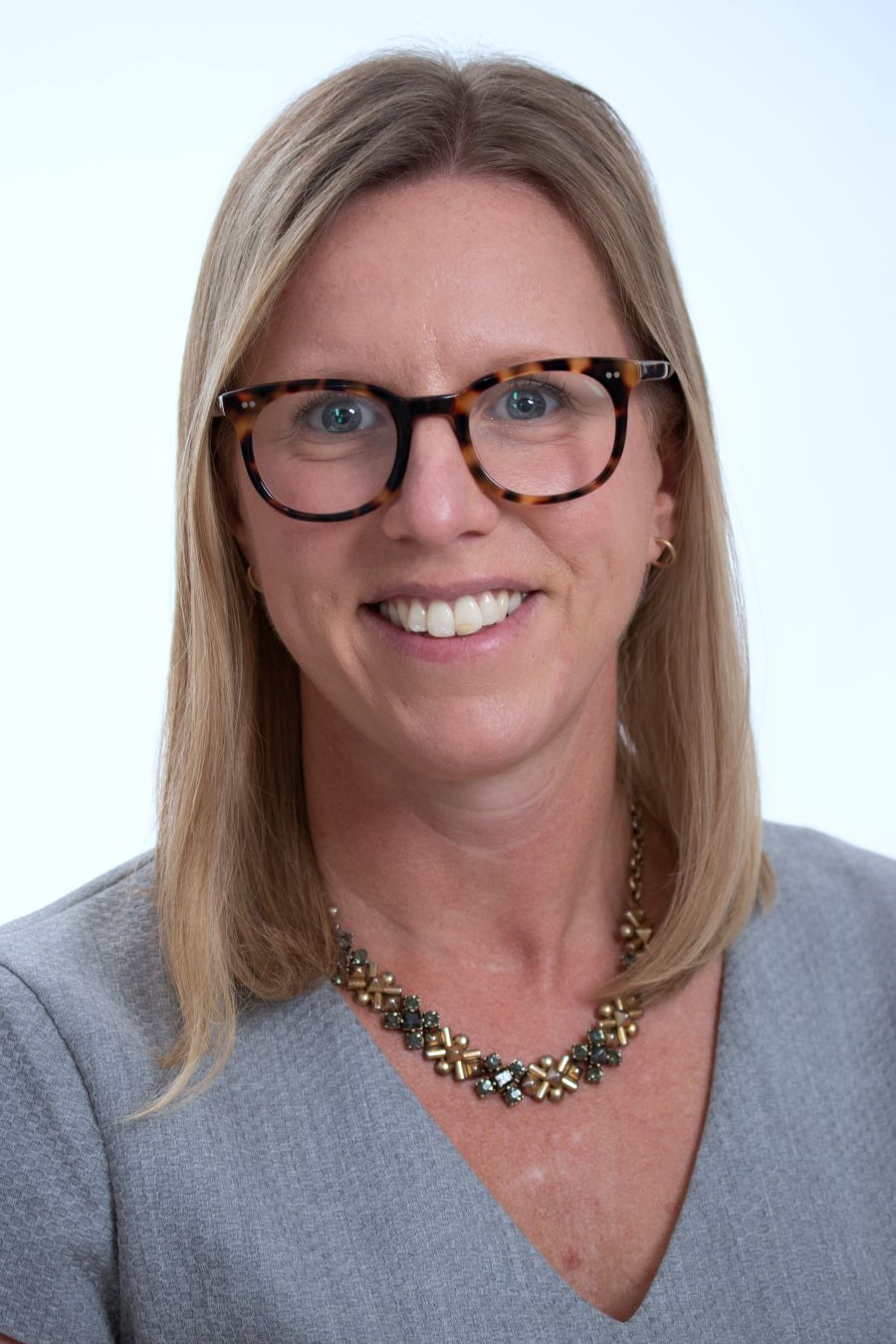Julie Bennett – 2024 Research Grant Recipient
Generously funded by Donors of Brain Tumour Foundation of Canada
 Julie Bennett – Hospital for Sick Children (SickKids) – Toronto, Ont.
Julie Bennett – Hospital for Sick Children (SickKids) – Toronto, Ont.
Project title: “Understanding outcomes in pediatric patients treated with IDH inhibitors—A pilot cohort”
Description of project:
Gliomas are the most common type of brain tumour in children, adolescents and young adults. An IDH mutation is a genetic change that can lead to glioma formation. IDH-mutant glioma is typically found in young adults, with these tumours universally progressing over time. Historically, treatment included observation for low-grade IDH-mutant glioma and radiation and chemotherapy when treatment was required. Improved outcomes were observed in a recent trial for patients treated with vorasidenib, an oral IDH inhibitor. IDHmutant glioma can rarely occur in adolescents. Vorasidenib is approved for patients >12 years old, but no patients under the age of 18 received vorasidenib in the trial, meaning there is limited data on tumour response and side effects with vorasidenib in adolescents.
We propose to study a pilot cohort of teenage patients with IDH-mutant glioma on vorasidenib. The primary goal is to measure progression-free survival, while secondary objectives include assessing tumour response, identifying biomarkers to predict outcomes, and documenting toxicity. The study will explore characteristics in the tumour and cerebrospinal fluid that may provide additional insights unique to younger patients. This multicenter pilot study will provide crucial data on the use of vorasidenib in adolescents, influencing treatment strategies for IDH-mutant gliomas worldwide.
What receiving this award means:
Winning a Brain Tumour Foundation of Canada grant provides crucial support to study a pilot cohort of pediatric patients with IDH-mutant glioma. With the recent FDA and Health Canada approval of an IDH-inhibitor, vorasidenib, that has shown promising results in treating IDH-mutant glioma in adults, we hope to better understand the impact of this drug in pediatric patients. This grant allows our team to investigate a promising therapeutic approach and its impact on this understudied population. It not only validates the importance of this research but also fuels my commitment to improving outcomes for children facing these types of brain tumours. The opportunity to contribute to advancing scientific knowledge and potentially shaping future treatment strategies for pediatric IDH-mutant glioma patients is both humbling and inspiring.
